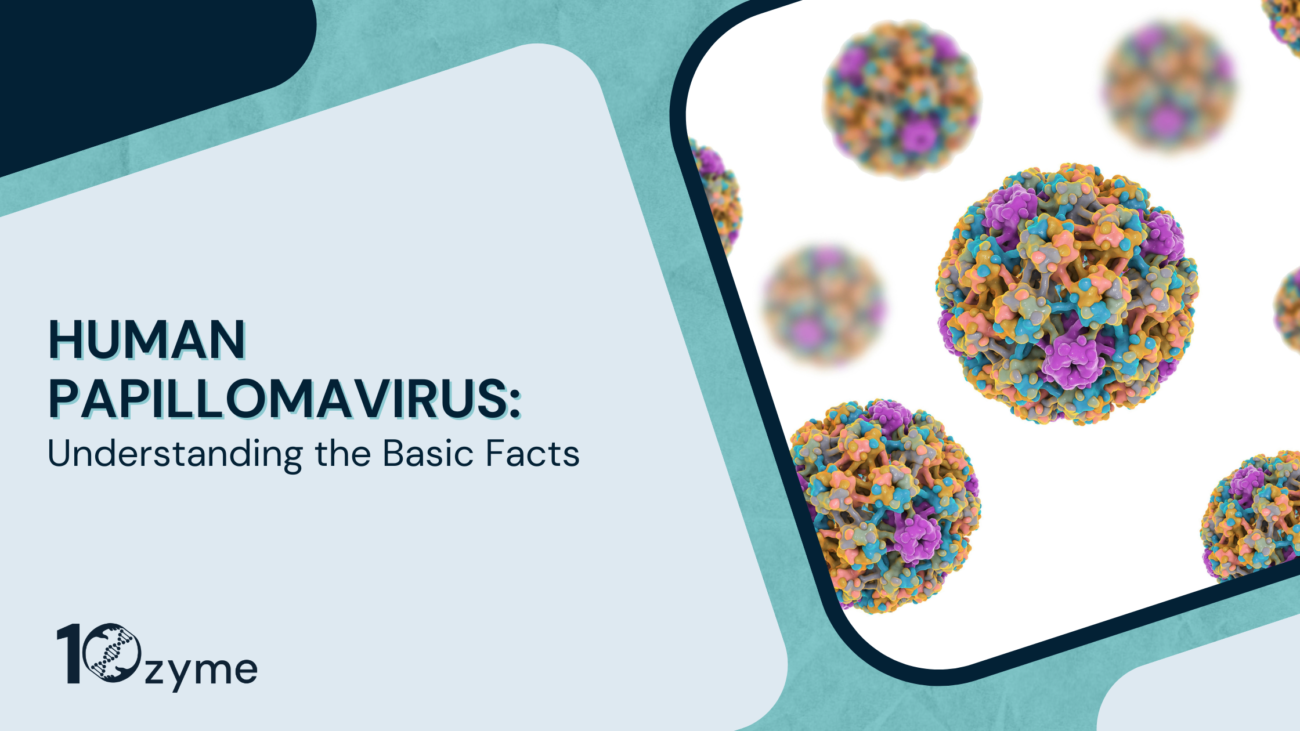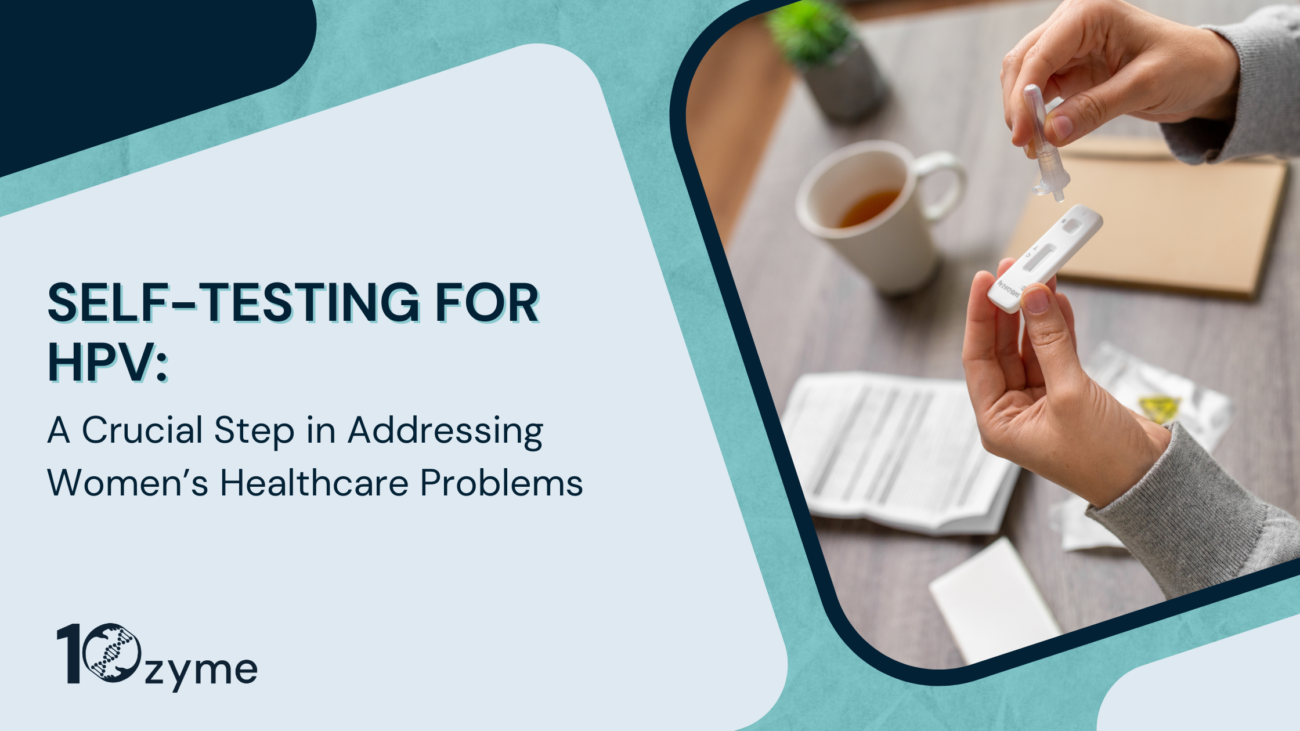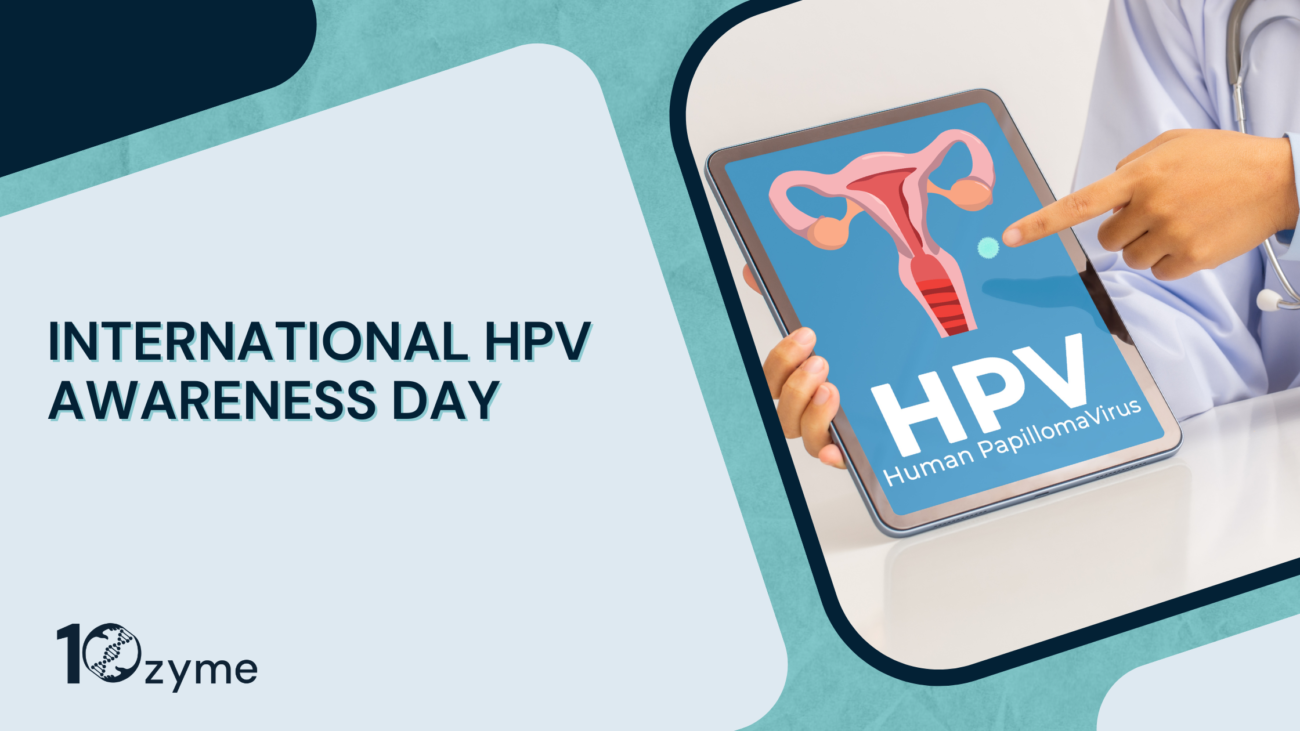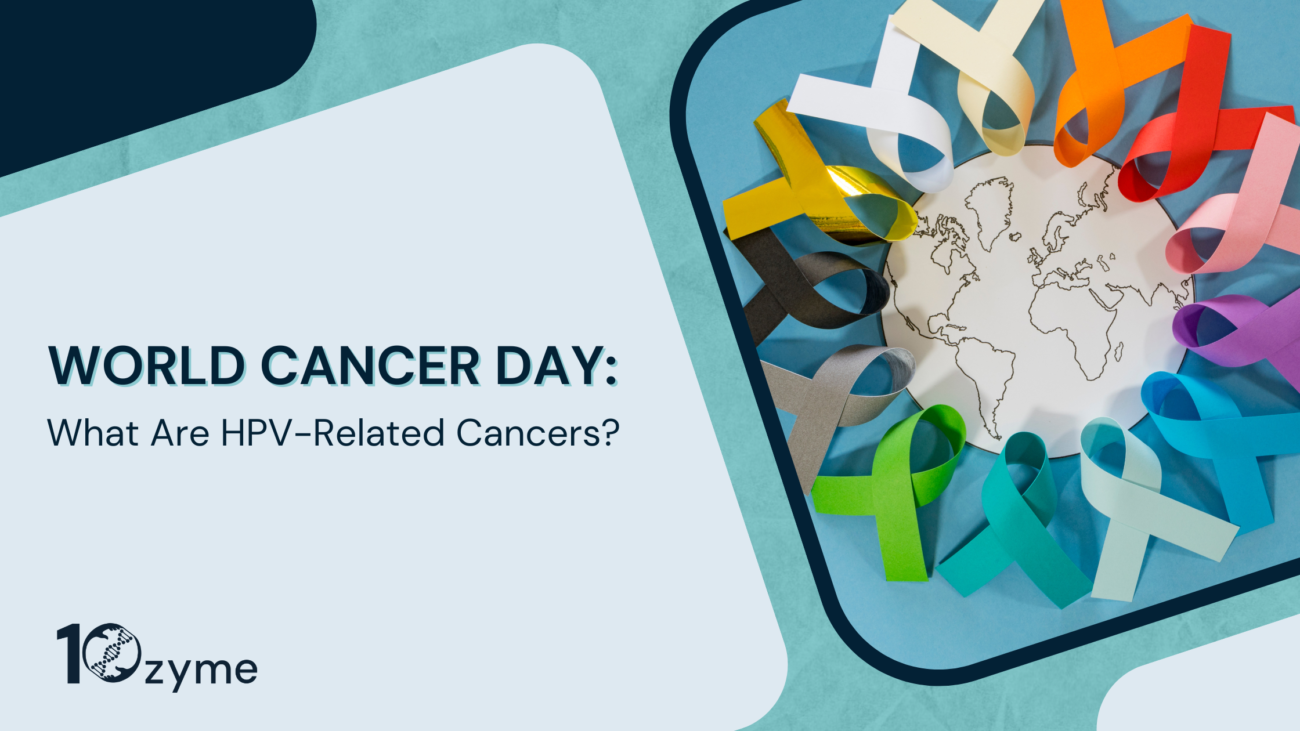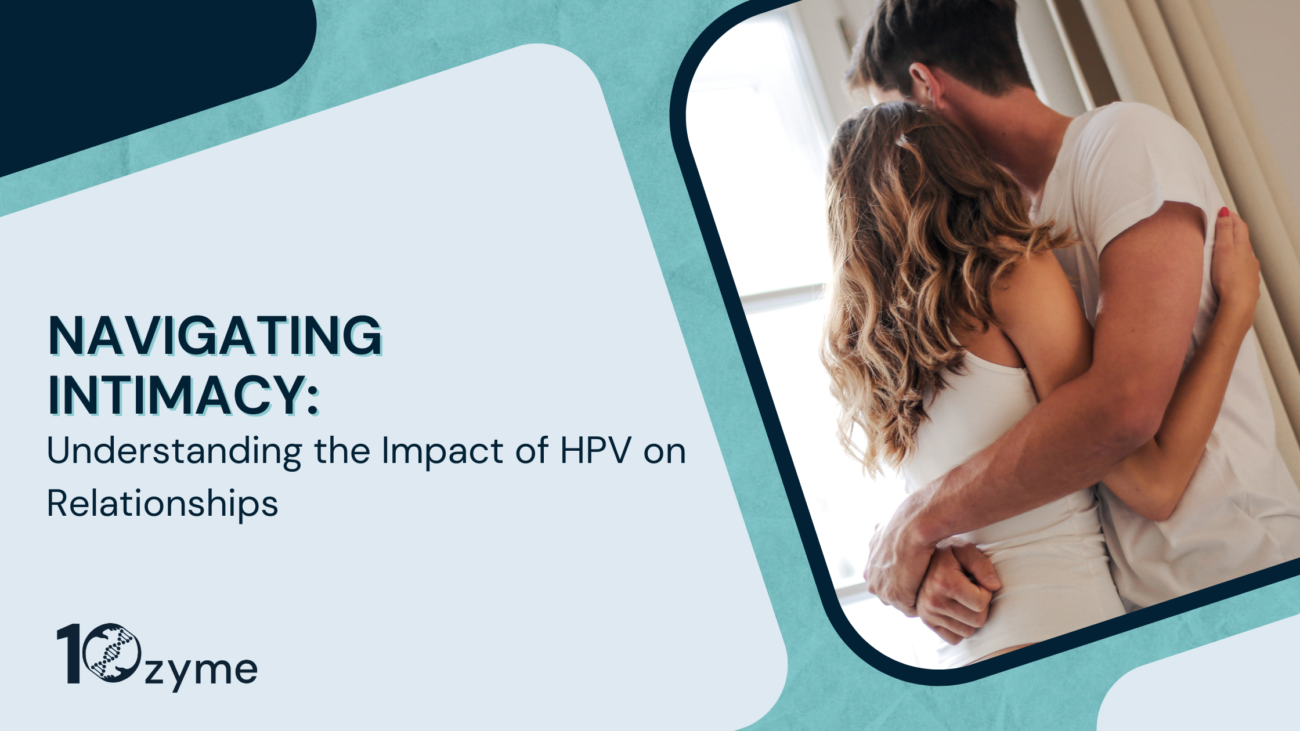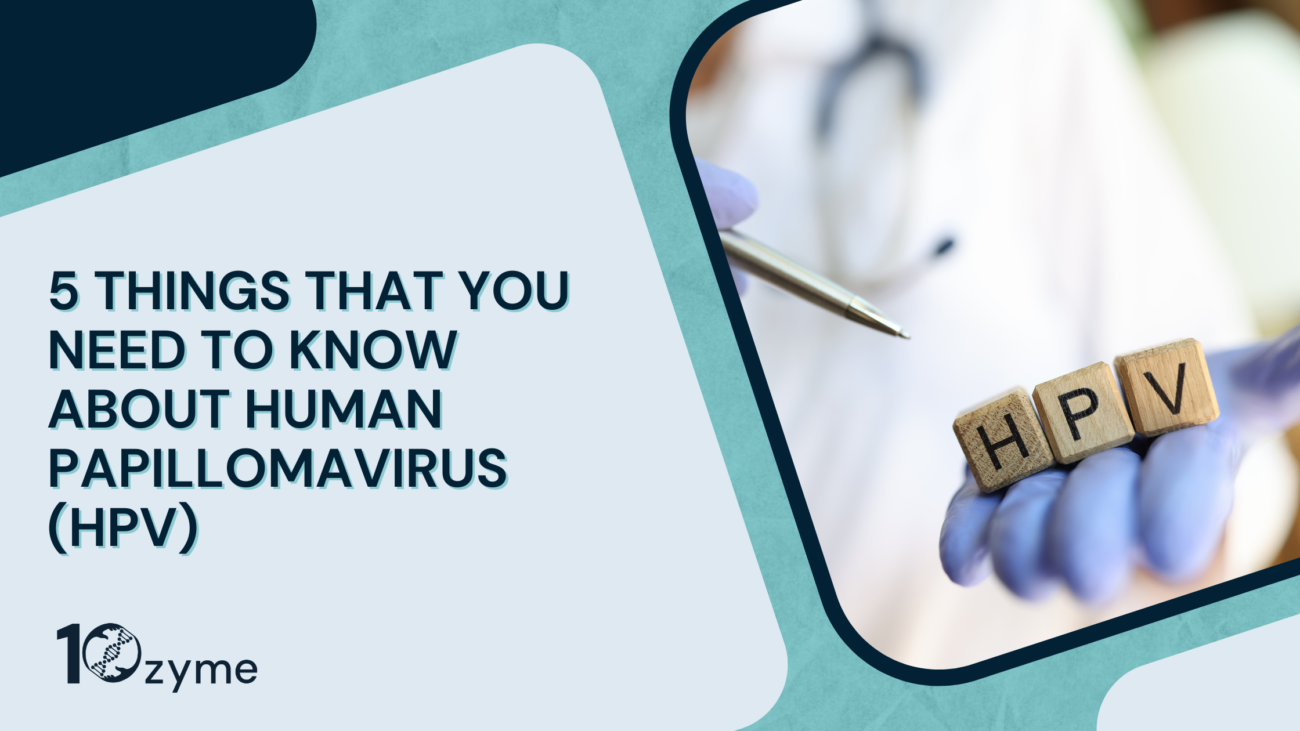Breaking Barriers: Navigating HPV Conversations with Your Partner
No two relationships are the same. What one couple discusses openly and honestly can leave another fearful of negative repercussions. We often make our closest friends our source of advice and guidance when it comes to matters of the heart. Some of us even resort to searching the internet for answers. What is certain, however, is that matters of sex, and in particular sexual health, are never easy conversations for anyone.
“I’ve worked in sexual and reproductive health for over 10 years and even I find myself searching for the right time to discuss certain issues with my partner” states Dr Angela Pine, our Founder and HPV researcher. “It’s not like you can just drop a conversation by saying: ‘by the way I have HPV’ over breakfast or whilst watching Eastenders, and definitely not whilst you’re in the pub on a Friday night” she continued.
Timing is everything
This couldn’t be more true. In fact, the first piece of advice we would give to anyone wanting to have a conversation about HPV is to make sure you pick the right time. Privacy is important. But you’ll also want to make sure you’re both in a mood that allows open conversation without distractions.
Dr Angela Pine says “I really wouldn’t suggest bringing up such a conversation when your partner has just got home from a long shift at work. Timing such a chat for when you are both relaxed and in a good mood will help determine the way you both respond to each other”.
Be Prepared
Additionally, being prepared is just as important as timing. Telling your partner you have HPV is an important conversation. They are likely to have questions and you’ll want to be prepared enough to answer them. Having to press the pause button on such a conversation to grab your phone and Google isn’t going to make the conversation become easier.
This may already sound like an incredibly daunting task that just keeps getting worse. However, there are certain things that you can do to make sure that daunting doesn’t mean difficult. Here’s what you need to know when you’re talking to your partner about HPV.
If you were to ask two different friends for advice on whether you should even have this conversation, you may find that they both give very different opinions. Some may say that it’s not necessary to tell your partner at all, while others may support the idea 100%. Certain people may see it as unnecessary information that won’t make any difference to their lives and will only bring about anxiety and potential friction in your relationship. Also, certain other people may suggest that it depends on how you think your partner will respond. Well, who is correct? Sharing such private details, as in the case of an HPV infection, with your partner can be considered a very personal choice.
“Human papillomavirus or HPV, is a very common virus. If we were to test everyone, around 2 in 5 (or 40%) of people aged 15-59 would be infected. Worse still, around 80% of us will contract HPV at some stage in our lives” states Dr Angela Pine. “Recent research now tells us that there are around 200 types of HPV, around 13 of which are ‘high risk’ and may increase the likelihood of developing some cancers. Other HPV types may cause warts; but for most people, HPV infection causes no problems at all”.
All HPV types are contracted through oral, vaginal, or anal sex with someone that has the virus. It’s really important for people to understand that penetrative sex is not needed to pass on HPV. Dr Angela Pine says “HPV can also be spread through genital-to-genital contact and by sharing sex toys. You can have HPV even if you haven’t been sexually active or had a new partner for a long time because the virus can remain undetectable in the body for many years”.
HPV affects the skin and moist membranes of the body, such as the vagina, cervix, vulva, anus, mouth, throat and the penis. “I think that although sharing your STI status is a personal choice, knowing that an infection could be passed on to your partner and it could potentially make them sick, always sways it towards being the moral choice” Dr Angela Pine says. Despite experiencing feelings of embarrassment as a result of an HPV infection, it is important to remember that the majority of people will contract HPV at some point during their lifetime.
HPV symptoms can be non-existent. “Most people don’t even know that they have HPV, and in 9 out of 10 cases, it gets better on its own,” says Dr Angela Pine. “However, some people may develop genital warts, then an infection is more obvious and a conversation may be more unavoidable. It’s also best to avoid any skin-to-skin contact with the infected area until you’ve completed treatment in this case”.
For some, the virus may not be cleared by the body which can lead to problems over time. In most people, HPV will be cleared by the immune system within two years and will not cause any health problems. However, a small number of people can develop a persistent HPV infection, where it can lead to an increased chance of developing certain cancers; however, this is usually many years or even decades after initial exposure to the virus.
Women and people assigned female at birth (with a cervix) who have a persistent HPV infection, are more at risk of cervical cancer. In fact high-risk HPV infections cause 99.8% of all cervical cancers. “This fact alone should be enough to send all people with a cervix for their ‘smear’ tests,” says Dr Angela Pine. “We have the ability to detect these infections early before they even have the chance to cause changes to the cells that can lead to cancer”.
In men and people assigned male at birth, HPV infection leads to an increased risk of penile cancer; with high-risk HPV being responsible for 63% of all penile cancer cases.
It doesn’t stop there; HPV is also associated with anal cancer, where it is present in 91% of cases, as well as mouth and throat cancer, in both men and women. “It’s a real problem” says Dr Angela Pine “but one which we can eliminate because we have the tools now”.
“This all sounds very scary, we know” Dr Angela Pine reassures us “Really, it’s about making sure that we are informed and that we understand what it means to be infected with HPV. It is a very common infection, and if detected early, it really doesn’t have to cost people their lives anymore.” Dr Angela Pine says “The fact that people are still dying from cervical cancer caused by HPV is so sad given that we have the tools to make sure that it never happens.”
An important part of deciding to talk to your partner about an HPV diagnosis is knowing how to manage any concerns or fears your partner might have. “It’s normal for a woman to feel apprehensive about telling her partner of an HPV diagnosis,” says Dr Angela Pine. “She may worry that he will jump to the conclusion that she has been unfaithful and fear the implications of the diagnosis.”
It might help to write down what you want to say or even write out some of the facts first. This can help if emotions start to run high during a conversation. You can make sure you stay on track and have the information you need to answer any questions.
80% of people will be infected with HPV at some point in their lives
Explaining that HPV is a virus that around 80% of people will be infected with at some stage in their lives is really important. Also, mentioning that, occasionally, you will need further checks for abnormal (pre-cancerous) changes will help complete the picture.
“I can’t stress enough that there is no need for a partner to jump to conclusions regarding infidelity. You can have HPV for many years without knowing it, and finding out you have HPV doesn’t mean you or your partner have been unfaithful. It’s very difficult to know who you got HPV from, both because the virus is very common and because it can remain undetectable for years” Dr Angela Pine explains.
Knowing where to start such a conversation can be tricky. You could ask your partner whether they’ve heard of HPV, and explain a bit about it and how it’s diagnosed before you can go on to explain what’s happened in your situation. Having some form of information you can give them, such as an HPV factsheet, can also be useful.
Be careful to avoid assigning blame to anyone for the diagnosis. Remember that it is always better to be informed rather than remain in the dark. If you can remain positive, and pragmatic, and give facts rather than speculation, you will be able to better reassure your partner. Remember that despite the statistics sounding scary, the incidence of cancer as a result of HPV is quite a rare occurrence, and usually your immune system will get rid of the infection without you being aware.
Knowledge will take us a long way towards the prevention and eventual elimination of cervical cancer caused by HPV. Dr Angela Pine says “Improving HPV awareness will help people ensure that they have their cervical screening (smear test) regularly in addition to promoting HPV vaccination, which will help to reduce rates of HPV infections and related cancers”.
Having an HPV infection is so common that it should be thought of as an almost inevitable part of being sexually active. We have to normalise HPV, which is the only way to make people experience less feelings of shame and anxiety about having the infection. Having HPV doesn’t make you different from anyone else. It doesn’t mean you’re ‘dirty’ or promiscuous, and we need everyone to have a clear understanding of this.
10zyme: Advancing women’s health
We’re developing a groundbreaking self-test with instant results to detect the main cause of cervical cancer: high-risk HPV. Detecting infections early prevents cancer ever developing.
By enabling self-testing, we aim to empower women, overcome stigma and anxiety, and help eliminate a disease killing hundreds of thousands a year globally. See our Education Section to find out more.
Please follow and support us on social media: LinkedIn, Instagram, and TikTok.



